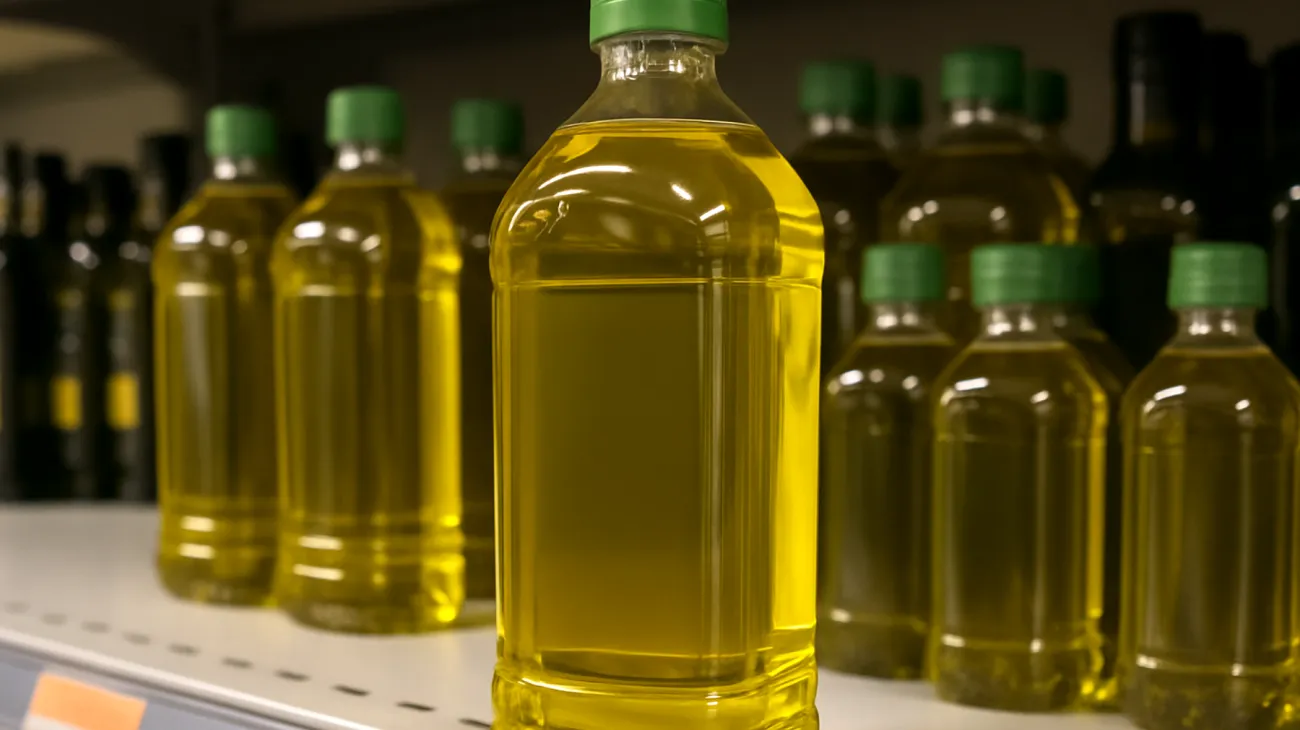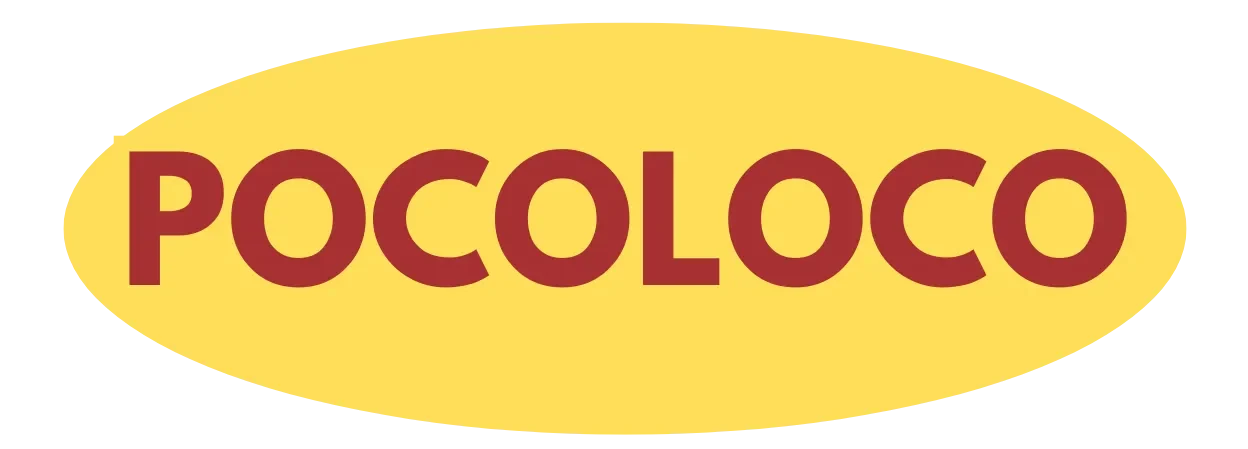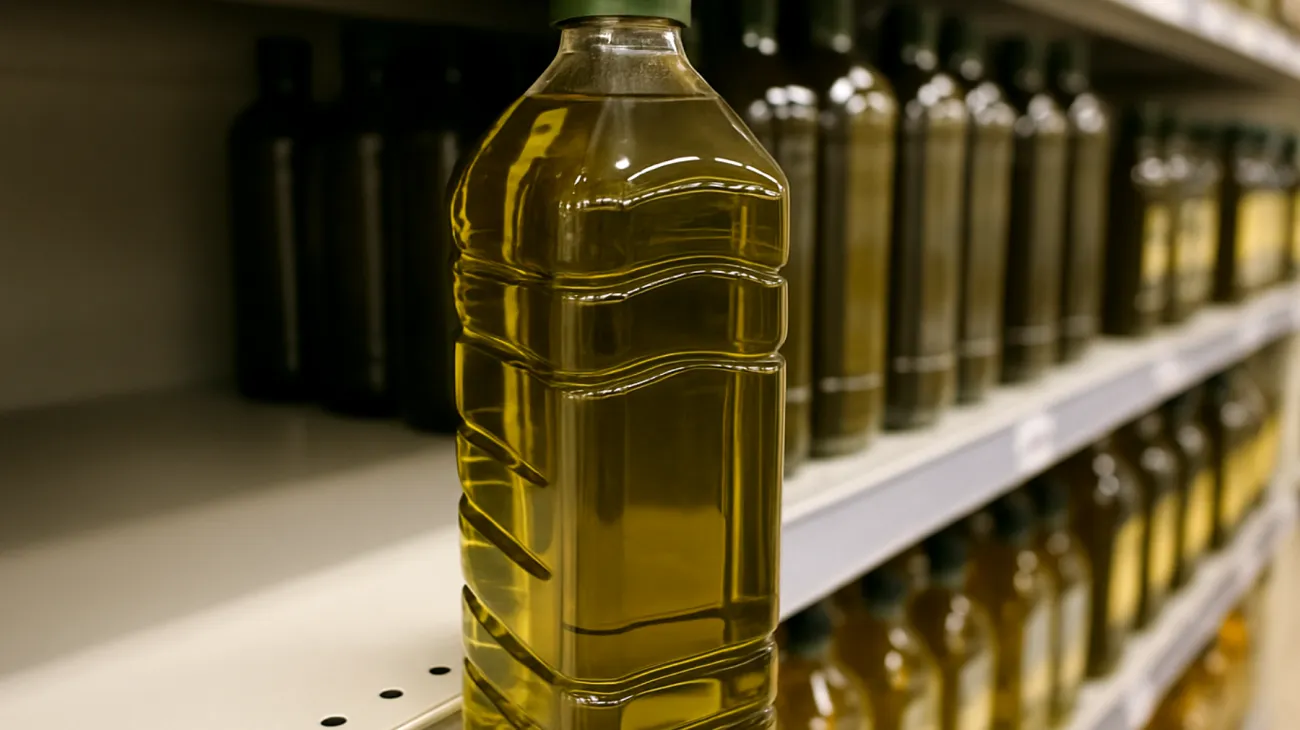Extra virgin olive oil from Mediterranean regions commands premium prices in UAE supermarkets, but the reality behind geographical origin claims might surprise health-conscious consumers. Those rustic labels featuring ancient groves and traditional imagery often mask a more complex truth about modern olive oil production and marketing practices.
The Geographic Origin Puzzle in Premium Olive Oil
Walk through any UAE supermarket and you’ll spot countless olive oil bottles boasting Mediterranean heritage, complete with charming imagery and traditional fonts. What many shoppers don’t realize is that labeling regulations allow producers to blend oils from multiple countries while highlighting only the most marketable origin on their packaging.
An oil labeled as “Mediterranean” might actually contain olives from various regional sources, with potentially just a small percentage sourced from the advertised location. This practice remains perfectly legal under current international labeling laws, creating a significant gap between what consumers expect and what they’re actually purchasing.
Understanding the Health Premium Deception
Many health-focused buyers believe that oils from specific Mediterranean countries offer superior nutritional benefits, largely due to associations with traditional production methods and higher antioxidant content. The reality is more nuanced: olive oil’s health benefits stem from monounsaturated fats, polyphenols, and antioxidants that depend primarily on production methods, harvest date information, and storage conditions rather than geographical location.
Extra virgin olive oil produced using modern extraction techniques and proper storage maintains its beneficial nutrients regardless of where the olives were grown. An oil from a less prestigious region, when correctly processed and handled, can deliver exceptional nutritional benefits that rival or exceed those from traditionally renowned Mediterranean areas.
The Artisanal Marketing Machine
Premium brands frequently weave compelling narratives around “family traditions,” “century-old groves,” and “time-honored methods.” Research into olive oil market practices reveals that such marketing often refers to brand heritage rather than actual production processes, with large-scale producers employing these tactics just as effectively as smaller operations to justify premium pricing.
The term “artisanal” lacks standardized regulatory definition, meaning oils bearing this label might undergo identical processing to conventional products. Geographic origin claims become the primary differentiator justifying those elevated price points you see on store shelves.
Decoding Labels for Informed Purchasing
Smart consumers can identify genuine quality and transparency by developing sharp label-reading skills that look beyond prominent geographical claims. Key indicators that separate authentic quality from marketing fluff include specific details about production processes and transparent sourcing information.
- Specific farm or cooperative names rather than vague regional references
- Clear production method descriptions that go beyond generic terms like “cold-pressed”
- Certification marks from reputable quality assurance organizations
- Technical indicators such as acidity levels that genuinely reflect oil quality
The Price-Quality Reality Check
Premium prices don’t automatically translate to superior nutritional value or taste. Independent testing consistently shows that moderately priced oils from lesser-known regions often match or exceed quality benchmarks of expensive brands. This happens because quality depends more on post-harvest handling and rapid, temperature-controlled processing than on romanticized regional identity.

Modern facilities with advanced temperature control and rapid processing preserve olive oil’s beneficial compounds more effectively than traditional methods that might expose oils to quality-degrading conditions. The polyphenol content and freshness that health-conscious consumers seek are best preserved through cutting-edge technology rather than nostalgic production methods.
Making Empowered Choices in the UAE Market
The UAE’s diverse marketplace offers extensive access to olive oils from both emerging and established producing regions, creating opportunities to discover exceptional products across various price ranges. This variety allows you to avoid the premium markup associated with traditional geographical prestige while still securing high-quality oils.
Sensory evaluation remains your most reliable quality indicator: fresh, high-quality extra virgin olive oil exhibits clean aromas, balanced flavors, and a slight peppery finish that signals beneficial polyphenols. These characteristics should shine through regardless of origin, serving as universal quality markers that transcend geographical marketing claims.
Proper storage practices in retail environments prove essential for preserving oil quality. Oils displayed in clear bottles under heat or bright lights degrade rapidly, regardless of their prestigious origins or production methods. Sometimes the retailer’s handling practices matter more than the producer’s geographical location in determining final product quality.
Building Your Quality Assessment Skills
Regular taste comparisons between different price points and origins can reveal personal preferences while building awareness of genuine quality indicators that matter more than marketing-driven geographical claims. This hands-on approach helps you develop a discerning palate that recognizes value regardless of packaging aesthetics.
This skill development enables health-focused buyers to allocate food budgets toward products delivering authentic nutritional advantages, often without hefty premiums tied to prestigious regional labels. Understanding these market dynamics empowers you to make choices based on actual product attributes rather than compelling marketing narratives.
The smart approach involves looking beyond superficial geographic claims and evaluating real product attributes including freshness, production transparency, certifications, and sensory qualities. This critical thinking approach to olive oil selection helps you identify exceptional products that deliver superior nutritional benefits without paying inflated prices for geographical prestige alone.
Table of Contents

